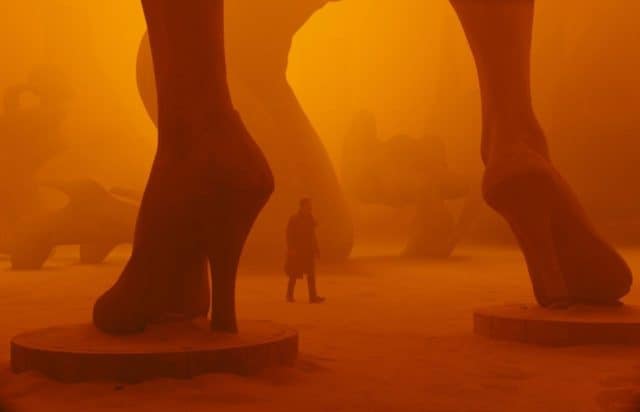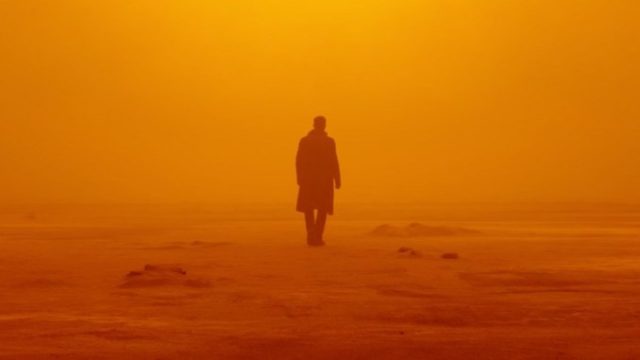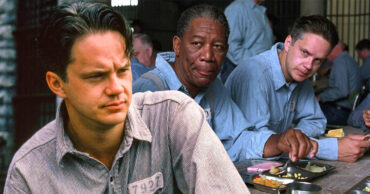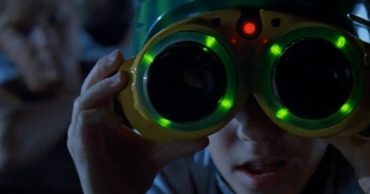
When it comes to Best Picture nominees, they don’t tend to be films that did especially well at the box office. Traditionally, in fact, they’re pretty low-grossing affairs that depend on the added notoriety of their nominations to push their box office receipts into the realm of profitability. While there’s certainly a market for period dramas and drawing room comedies — the kind of films that you’d expect to compete for the ceremony’s top honor in years past — they could hardly be considered box office draws: not like the latest Star Wars or Marvel movies.
Increasingly, though, this is no longer proving to be the case. The Academy has loosened up over the last decade and their nominations for major awards — and especially for the coveted Best Picture category — have more often gone toward movies that didn’t need any help raking in piles of money over the course of their theatrical lifetime. Toy Story 3, Up, Mad Max: Fury Road, Get Out… these movies and more have been nominated not because of their popularity but, in many ways, in spite of it. They buck wildly against the typical mold of a Best Picture nominee and further merge the worlds of Prestige cinema and Popular cinema into a single, coterminous category.

And while you hardly need a major money maker in order to appeal to the Academy — The Shawshank Redemption was a notorious box office bomb in its day and many similar films never turn a profit at all — Academy voters are only Human. They are subject to a movie’s expectations and shaped by the popular narratives that surround their production and distribution. So while a small movie making small (or no) profits isn’t a deal breaker, a major studio release that inexplicably bombed in release might get more of a slant-eyed glare from voters who are only interested in “good” films.
At least, that’s what Denis Villeneuve, acclaimed director of Blade Runner 2049, happened with his celebrated, though commercially unpopular, release earlier this year. Villeneuve is no stranger when it comes to the Academy. His 2010 film Incendies was nominated for Best Foreign Language Film before coming to Hollywood and last year’s mind-bending Arrival was one of the ones that competed for the Oscar’s top honor last year. And by many peoples’ estimation, his own included, he should have been going back for round three next month.

Blade Runner 2049, the belated sequel to Ridley Scott’s Blade Runner, a 1980s adaptation of sci-fi author Phillip K. Dick’s classic story Do Androids Dream of Electronic Sheep starring Harrison Ford, was by all critical estimations a success. It received almost universally positive reviews upon release. It has frequently been touted as one of the year’s best films. And at the Oscars, it received an impressive five nominations: the fifth most of any film recognized by the awards body and the highest of any film not also nominated for Best Picture.
Villeneuve doesn’t think that it’s a coincidence that the film was overlooked in that particular race, though. In a recent interview, he opined that “it’s very uncommon for a movie that didn’t do well at the box office in the United States to get a nomination for best picture.” Or, to put it more accurately, movies that fall below their commercial expectations — however high or low those expectations may be — are irreparably gimped in the eyes of awards bodies, many of whom are hesitant to award seemingly bad movies and subsequently hurt their reputation with the movie-going public at large. By this logic, 2049 was confined to the technical categories more for its lack of mass appeal than for any perceived qualitative deficit.

This is certainly one reason why Mother! missed out, almost by default, of any serious award consideration despite being what is, in my mind, the undisputed cinematic masterpiece of 2017. It divided whatever general audiences it was able to pull in based on the clout of its creative team, earned a rare F cinemascore — causing it a great deal of public embaressment — and was even nominated at the Razzie Awards for the worst films of last year. More because it fell short of pre-established expectations than because it was a so-called “bad” movie, it lost out with the Academy, even though the body has lent consideration to similarly controversial (although certainly more profitable) films in the past (The Tree of Life being the first to come to mind in that regard).
Whether because of its box office shortcomings or because it failed to connect with enough Oscar voters, Blade Runner 2049 unfortunately bears the brunt of public opinion. Perhaps time will be kinder to it than the Academy has been. After all, the same is true of its predecessor.
 Follow Us
Follow Us





